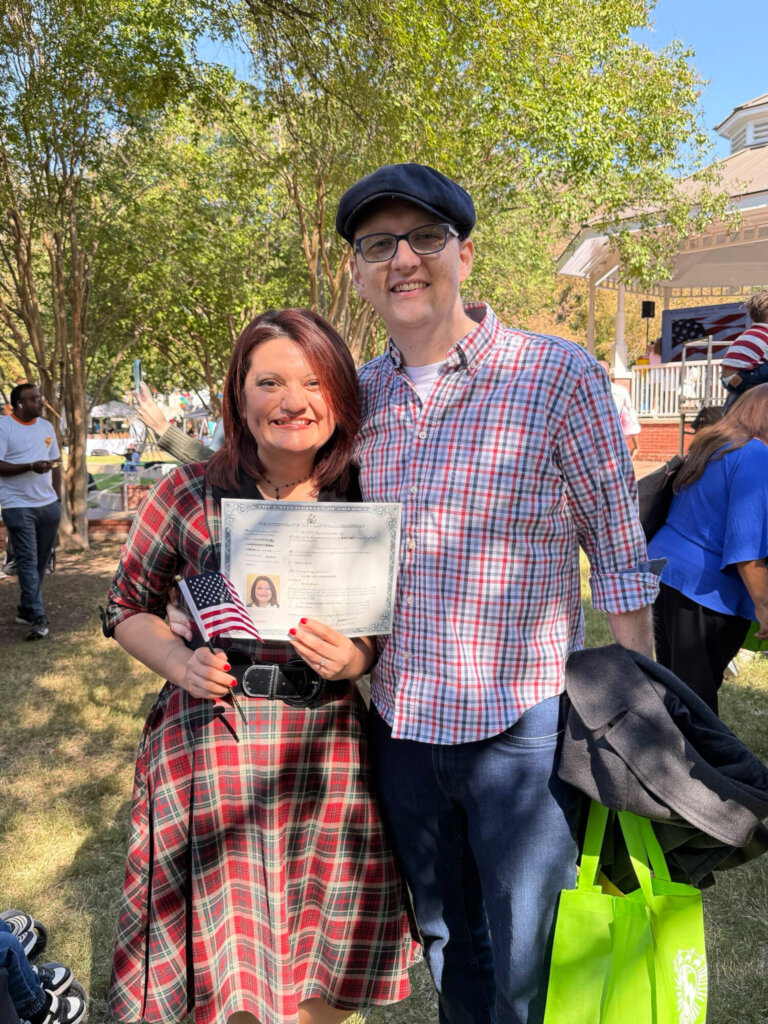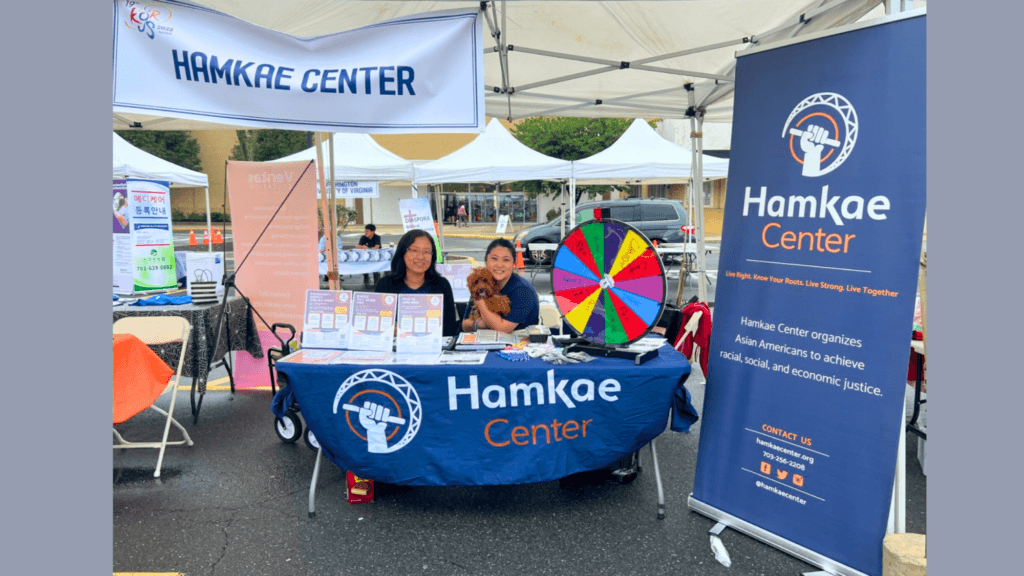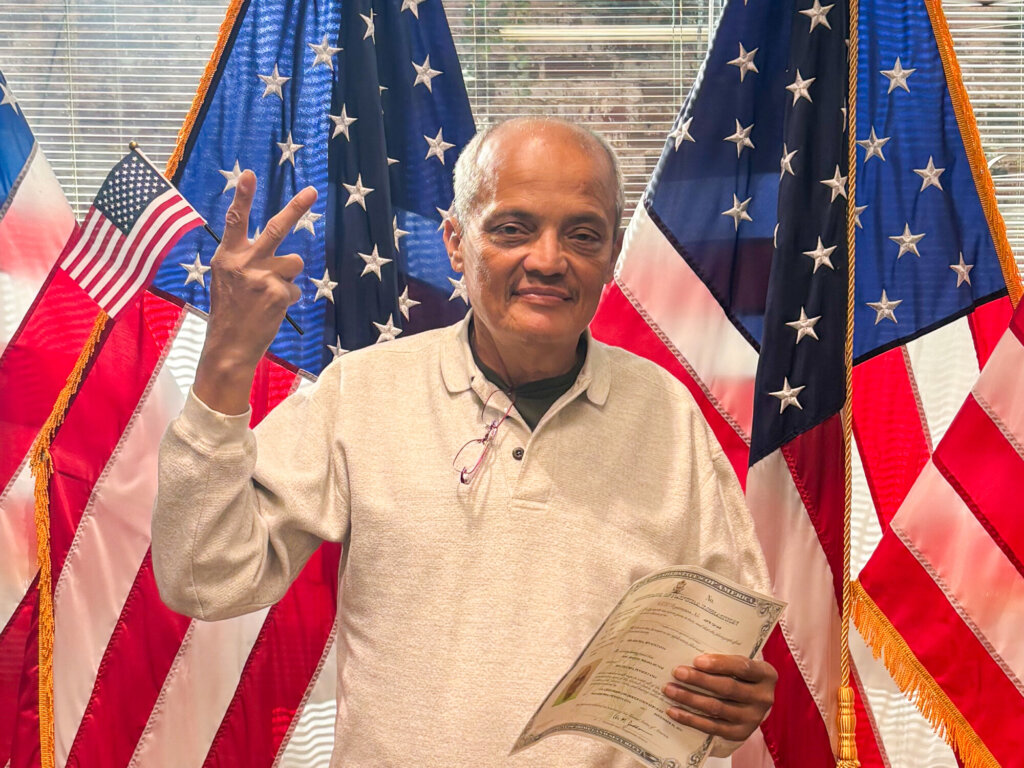Yolanda Nicolas Gil: “The security of citizenship is not only for one person; it’s also for the family.”
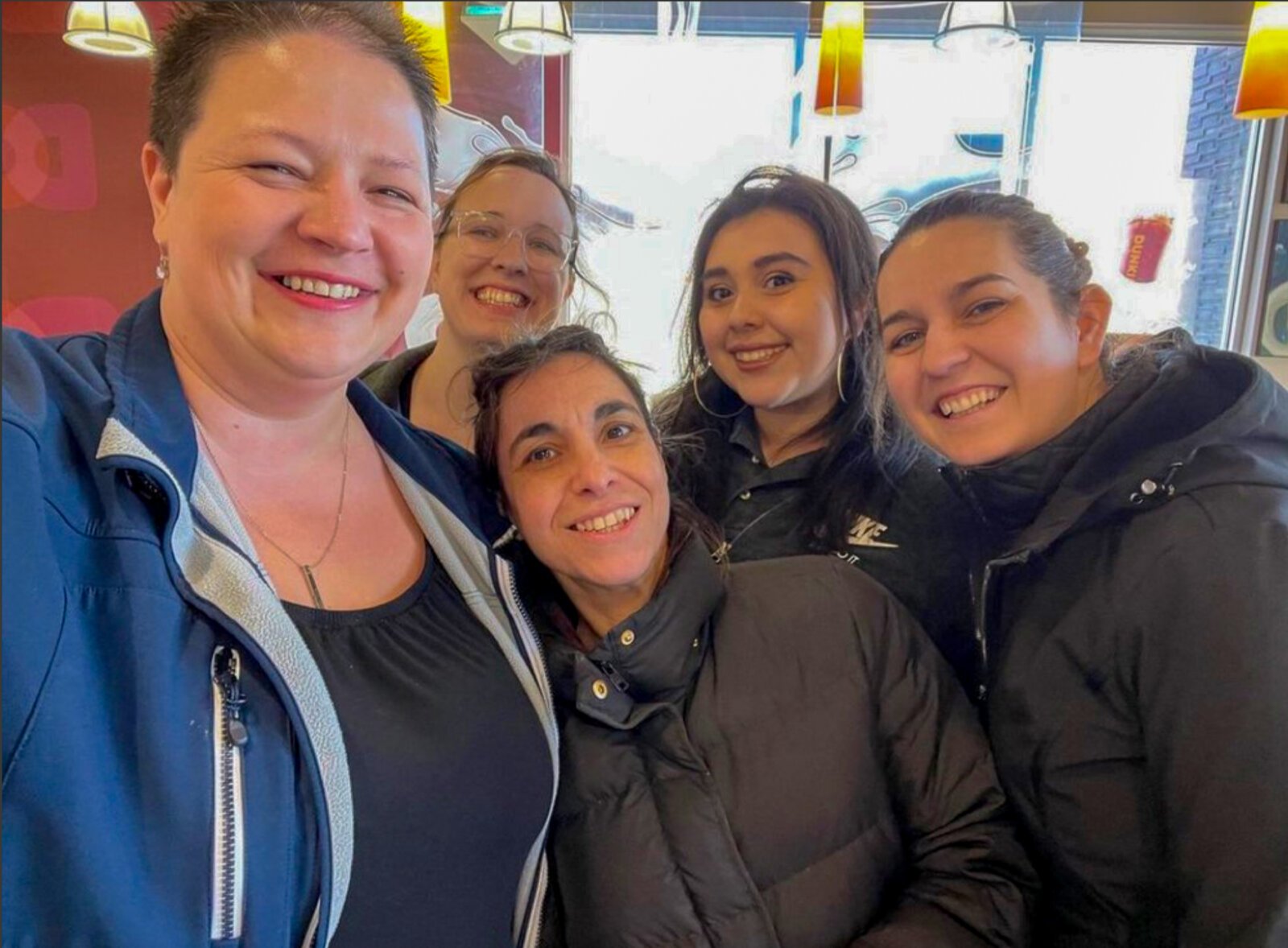 Yolanda at Esperanza Legal Assistance Center. (Photo courtesy of Yolanda Nicolas Gil)
Yolanda at Esperanza Legal Assistance Center. (Photo courtesy of Yolanda Nicolas Gil)Explore More
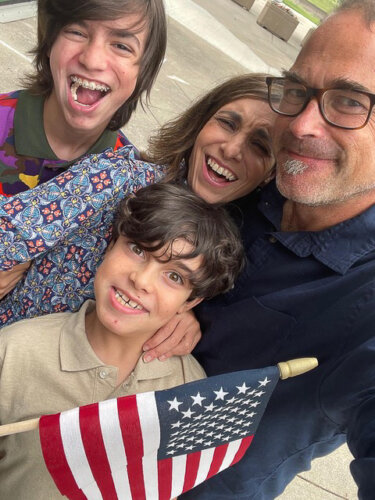
My name is Yolanda Nicolas Gill. I was born in the south of Spain in a city called Murcia, close to the Mediterranean Sea. It’s a beautiful place: beautiful weather, beautiful food. I came to the United States on April 11, 2013. I was a lawyer in Spain. I had my job and my family. But I got pregnant and had a boy who, at three months, was diagnosed with a very complicated genetic disorder, tuberous sclerosis. It is a rare disease. While the healthcare in Spain is good, they don’t have a clinic to treat this special condition.
The same year my son was diagnosed, my husband’s boss offered him a job opportunity in the U.S. With my son’s genetic condition, we thought maybe we could find a clinic here. We did not think about anything but what this could mean for my son. I left my job, my family, and my home in Spain. I had a very nice life, but I left them all.
We arrived in Chicago on April 11, 2013. My son was two years old. The first place we visited was the Cincinnati Children’s Hospital because we had an appointment with a neurologist, a cardiologist, and other doctors. My second son has the same condition, but it is complicated by him having autism too. Now, every year we visit Cincinnati for one week to see specialists.
My first home here in the U.S. was Macomb, Illinois. It’s a small town with a university, Western Illinois University, that’s mostly made up of professors from the university and local farmers. I signed up for an English class at Spoon River College in Macomb. This class was for people from different countries, with different histories and languages. I loved that class!
I came to the United States with an L-1 Visa. It was my husband’s visa. At that time, with my kind of visa, I could not work, I couldn’t study—nothing. This has changed; now, people with the L-1 visa can study and work. It was 2021 and I was spending all my time at home, with my two kids. For adults it was hard during the pandemic; for kids with special needs it was crazy!
A friend told me that Illinois Health Services needed people who speak Spanish to try to contact Spanish-speaking people to tell them about the COVID vaccine and to get people help. It was at this moment that I met Carolyn O’Connor, the manager of Esperanza Legal Assistance Center (ELAC). When Carolyn told me about an internship with ELAC, I said I would love that. I went to learn and get training. I spent a year with the internship, then I got a job at ELAC. I trained for my accreditation and am now a Department of Justice Accredited Representative, and I can represent clients before USCIS (United States Citizenship and Immigration Services).
Coming here as an immigrant is difficult, but I came with a visa, and I am a lawyer. For people without these things, it is even harder. I wanted to help other people feel better about getting their documents and feel better about staying here. This is when I began to want my green card. I never thought about this when I lived in Spain. You never think about your documents—your passport, your visa, your employment authorization card. But when you live in another country, your documents are so important to you. After I had five years with my green card, I could apply for citizenship.
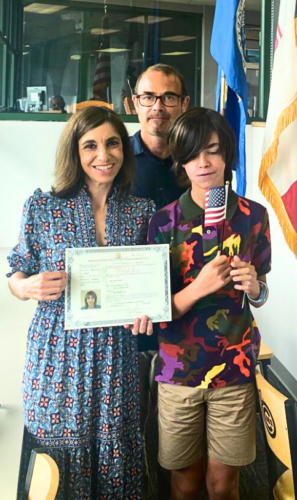
Normally, at the office, we fill out the citizenship application on paper. But my current manager and coworker, Ashley, said, “Now that the USCIS has an application online it is easier and faster, and we need to practice. We will start practicing with your application.” It was very fast. I applied for citizenship in February, my interview was in May, and my oath ceremony was in June. Don’t wait years and years to apply—if you can, apply before you have to renew your green card.
On the USCIS website, in the resources, you have the 100 questions in audio. It helped me to listen to the questions in English. I also studied how to write in English and read in English. I was nervous before the test because I felt nervous about everything. But during the interview, I felt comfortable. My USCIS officer asked me only 6 questions. She asked me about my personal situation—I told her I am married; I have two boys. She gave me the document and said I passed. I said, really? Really? My family told me they are so proud of me.
My oath ceremony was on June 20. It was fantastic! I had a client who I helped fill out an application for citizenship who was at the ceremony on the same day as me. She wants to apply for citizenship for her daughter. I want to do the same for my son. He has lived here since he was 2 years old, and he is not a citizen. His culture is American, and he wants to have the opportunity to feel like a U.S. citizen too.
It is very difficult to live in one country when your head is in another country. With my citizenship, I am here. My life is here. I have opportunities here. Now I can help other people. When I interview people who want to apply for citizenship, I tell them my history.
The security of citizenship is not only for one person, it’s also for the family. Immigration is not an individual project, it’s a family project. I feel that I belong here. I’m a part of this country now.

